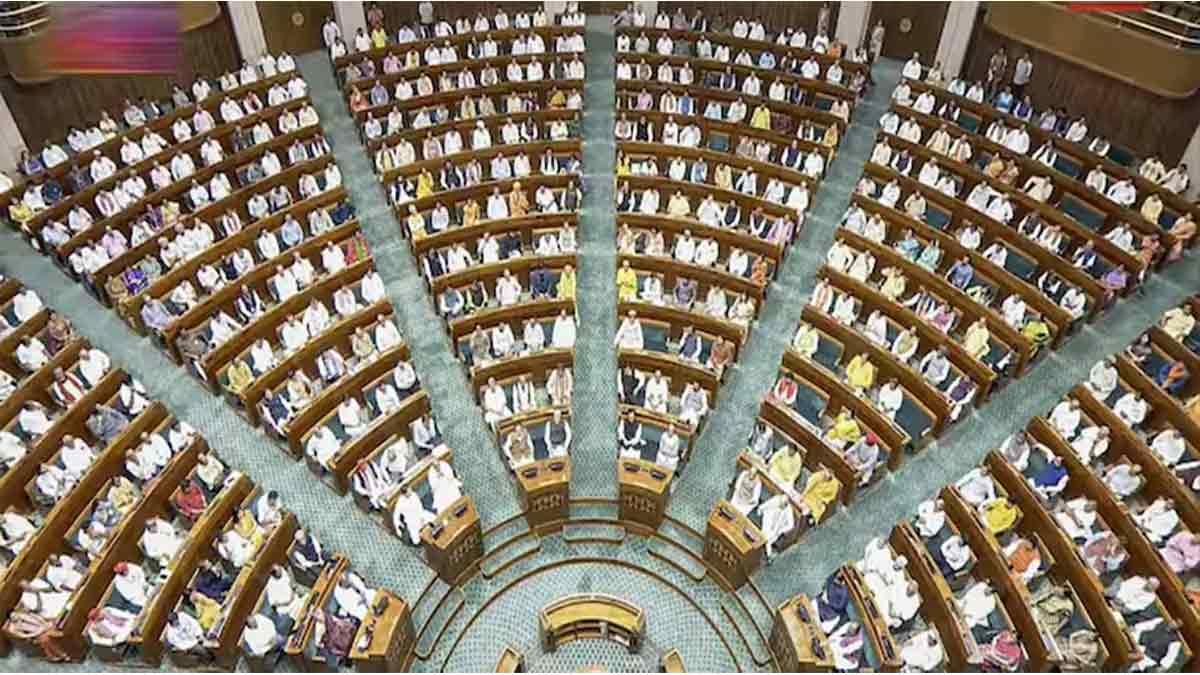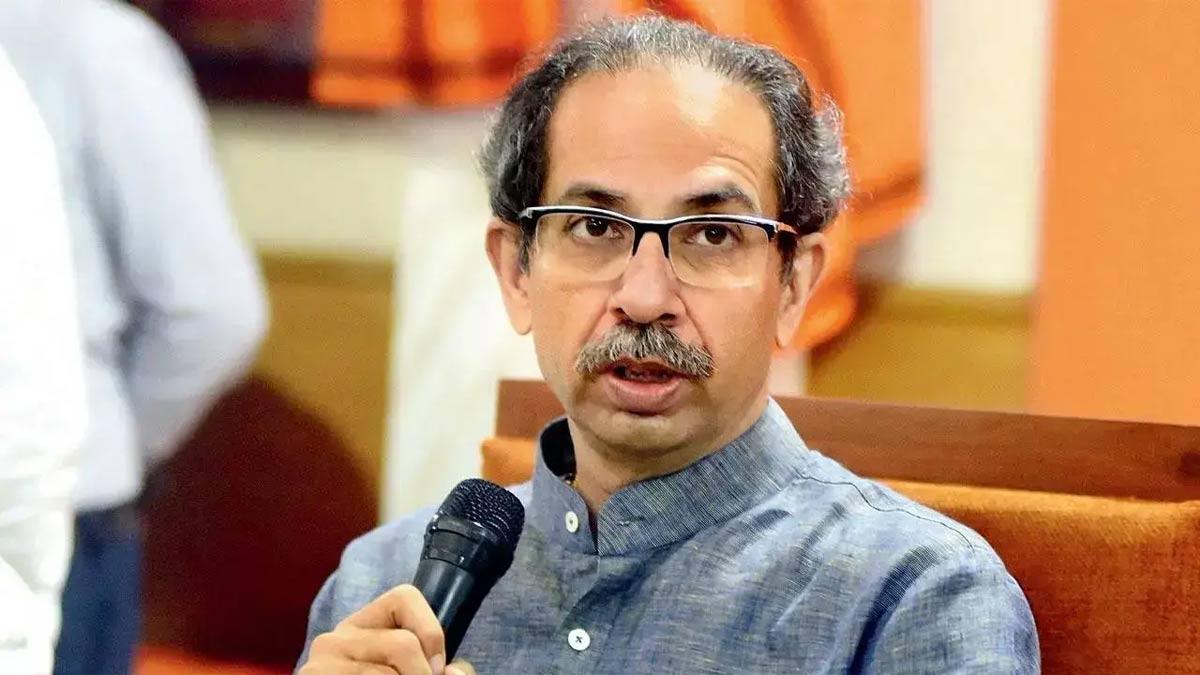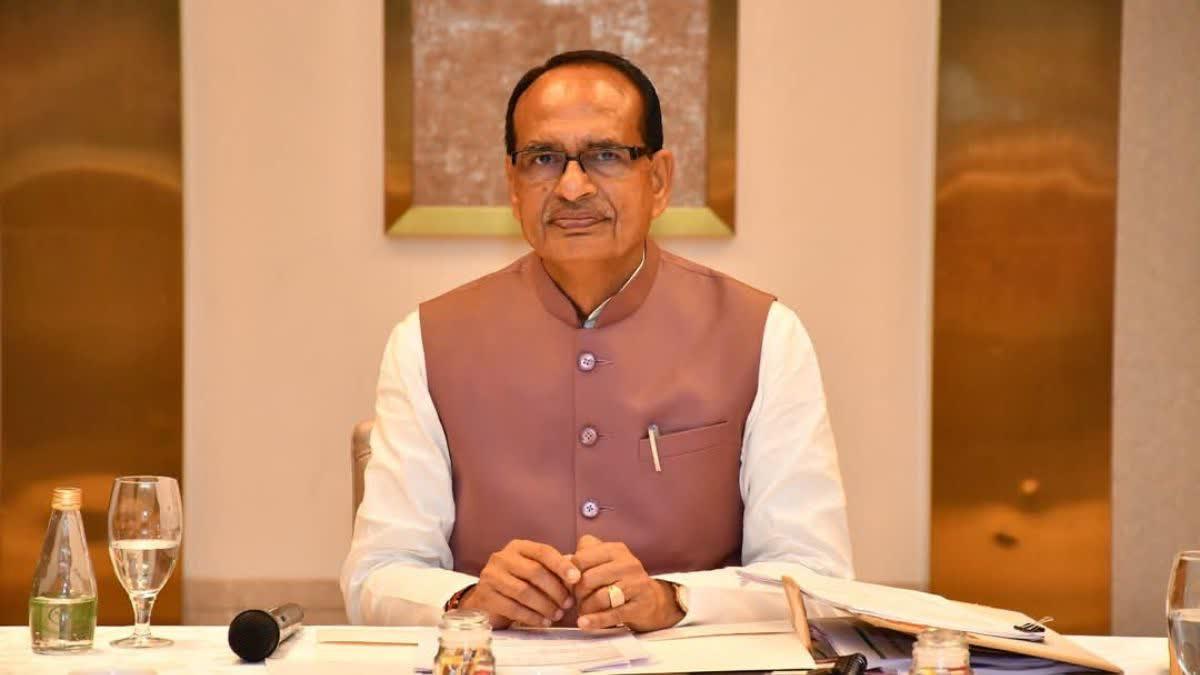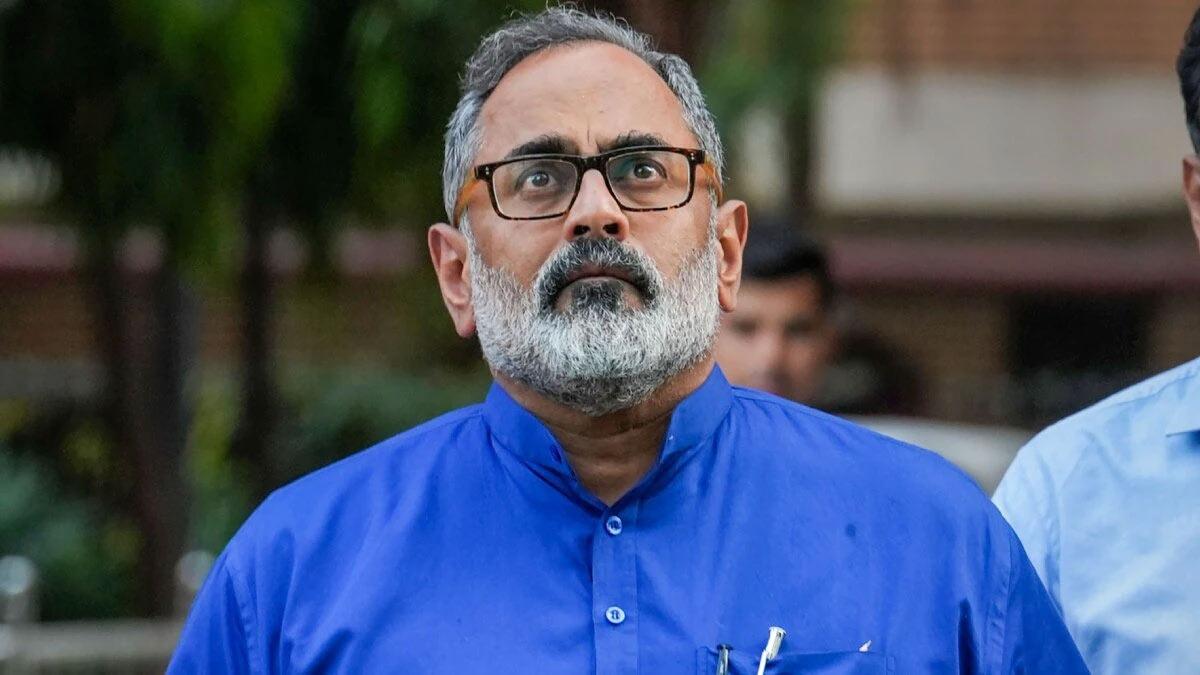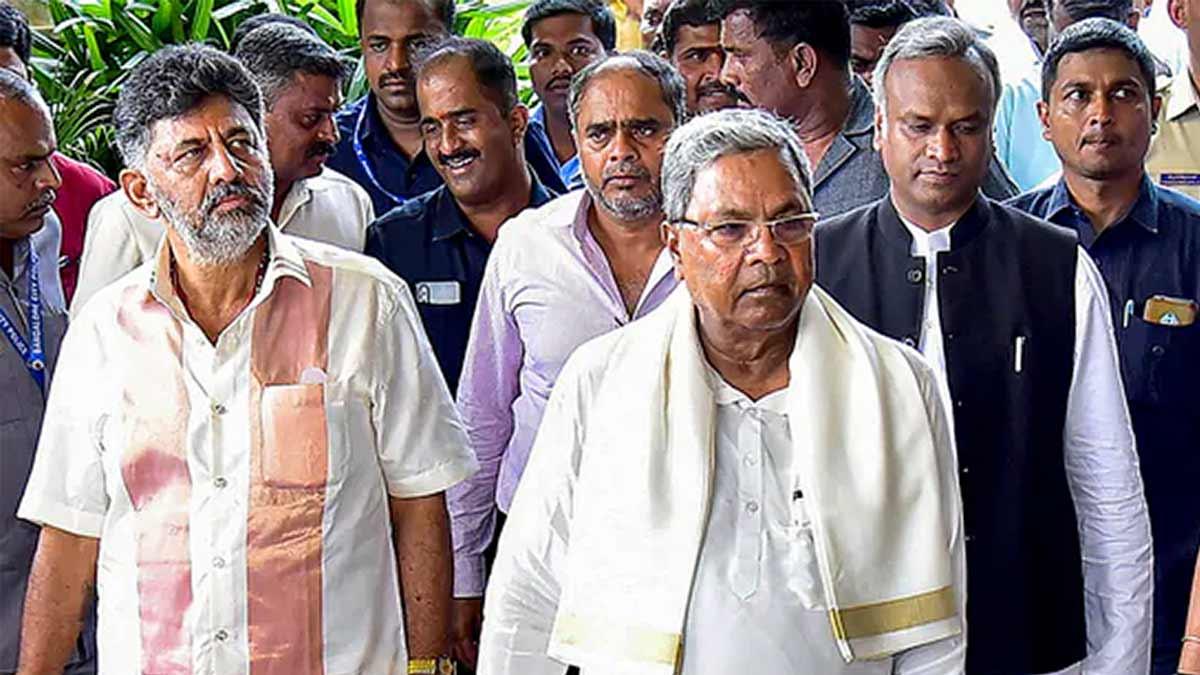In an important development, the Parliament endorsed the Waqf (Amendment) Bill, 2025, at dawn on Friday after a tough and long discussion in the Rajya Sabha.
The bill cleared the Upper House by a voice vote of 128 votes over 95 and a day after it was voted through in the Lok Sabha where a marathon session lasted almost 12 hours.
A day after Union Home Minister Amit Shah and Parliamentary Affairs Minister Kiren Rijiju forcefully pressed for the bill in the Lok Sabha, the debate in the Rajya Sabha was spearheaded by Union Minister J.P. Nadda, also the Leader of the House. In the course of the debate, Nadda was firm against the Opposition, including the Congress.
Having begun on Thursday, the debate wrapped up with the bill garnering the majority's support on Friday.
Having been cleared by Parliament's two houses, the bill now waits for President Droupadi Murmu's formal assent before it can become law.
During the deliberations, J.P. Nadda strongly attacked the Congress over its management of the Waqf Act, accusing the party of having initially drafted the law in a manner that allowed land mafias to take advantage of it.
While speaking to the Rajya Sabha, Nadda strongly defended the Waqf Act amendments, highlighting the need for reforms to protect national interests and stop the misuse of Waqf properties—assets intended for the benefit of economically backward Muslims.
Referring to the national importance of the bill, he noted that a Joint Parliamentary Committee (JPC) was formed under the Narendra Modi government to facilitate detailed deliberations.
This 31-member committee held over 200 hours of debate on the bill. He compared this with the JPC constituted by the UPA government in 2013, which had 13 members and, in his view, did not have the same level of dedication.
Nadda claimed that democracy thrives through educated debate and the representation of different views and not the acceptance of one narrative.
To support his argument, Nadda provided information from Jagdambika Pal, as per which 36 meetings, 284 stakeholders and 10 places were visited to take opinions on the bill under the present government's JPC.
"Unlike the UPA-era JPC, which interacted with merely 18 stakeholders, this reflects a lack of diligence," he said.
As per him, this proved the Modi government's commitment to a detailed legislative process.
Nadda also targeted the Opposition, blaming them for trying to shift the debate by raising irrelevant issues.
He asked members to prioritize national interests over partisan politics, asserting that the bill is essentially for the welfare of the country.
Replying to constitutional issues, Nadda clarified that according to earlier rules, Waqf land claims could not be challenged in civil courts, which he felt was against basic legal principles.
He pointed out that the amendment attempts to correct this by empowering district collectors to decide valid ownership of properties. It also specifically excludes land falling under the Archaeological Survey of India (ASI) from Waqf claims—a change he termed necessary.
Regarding the cause of social justice, he charged the Opposition with not doing anything for Muslim women. He reproached the Congress-headed UPA government for not following up on the Supreme Court's suggestion to prohibit "triple talaq" on the grounds that by not doing so, Muslim women were being made second-class citizens.
He drew attention to the fact that countries like Turkey had prohibited triple talaq as far back as 1929, with a number of other Muslim nations doing the same.
This shift, he claimed, was ultimately made in India with Prime Minister Narendra Modi at the helm, providing Muslim women more empowerment.
During a charged debate within the Rajya Sabha, Nadda also expressed alarm over government properties being declared Waqf assets, inquiring how temples, lakes, and other public assets came to fall under Waqf administration.
Before its passage, the bill ignited a bitter debate in the Rajya Sabha on Thursday.
Whereas the government believes that these changes are intended to address corruption, mismanagement, and inclusiveness, critics perceive them as risking the rights of the Muslim minority and appropriating historically important mosques and other sites.
The Congress-led Opposition rigorously opposed the bill during parliamentary debates in the Lok Sabha and labeled it unconstitutional and discriminatory toward Muslims.
Opposition legislators argued that their suggestions were not taken into consideration during the process of legislation.
In response, the government alleged that Opposition was releasing propaganda to delay the bill and preventing attempts at Waqf endowments to become transparent.
Taking part in the debate within the Rajya Sabha, Congress MP Syed Naseer Hussain complained that BJP was employing the bill as a political tool in an attempt to confuse the population and cause differences.
Independent MP Kapil Sibal criticized the bill for restricting property gifts to Muslims and questioned its compatibility with the idea of "one nation, one law." He also was in favor of reformation of Hindu laws relating to property so that they would provide gender equality.
Congress MP Abhishek Manu Singhvi termed the bill a denial of constitutional rights under Articles 25-26 and referred to it as an arbitrary action by the government.
Ex-Prime Minister H.D. Deve Gowda, on the other hand, supported the bill, praising its aim to protect donor-endowed assets from abuse by powerful people.
Shiv Sena MP Sanjay Raut rhetorically criticized the government's new-found interest in Muslim issues, and BJD MP Muzibullah Khan asked the government to allay the fears of the Muslim community over the bill.
AAP leader Sanjay Singh blamed the government for misleading the public and sought more transparency on the feedback received on the bill.
Trinamool Congress MP Nadimul Haque feared that the bill would create a dangerous precedent and could affect properties of other religious communities in the future. He termed the bill discriminatory and an attack on federalism and cautioned against divisive policies.
Passage of the bill in Lok Sabha only strengthened the political spittle.
Leader of the Opposition in the Rajya Sabha and Congress leader Mallikarjun Kharge opposed the bill, accusing the bill of singling out minorities. He also made counter-charges of corruption by BJP MP Anurag Thakur on Karnataka's Waqf land transactions and requested evidence, proposing to step down if evidence supporting any accusations made against him emerged.
The Biju Janata Dal allowed its MPs to vote according to their conscience, while Shiv Sena MP Milind Deora rejected claims that the government was biased against minorities. He cited increased opportunities for religious minorities under Modi’s leadership and highlighted the positive economic impact of Article 370’s revocation in Jammu and Kashmir.
Samajwadi Party MP Javed Ali Khan pointed out that almost a crore citizens had made recommendations to the Joint Parliamentary Committee on the bill. The debate highlighted sharp differences, with the government reiterating the need for reforms and the Opposition raising doubts over the intent of the bill.
Read also| Jayshankar counters Bangladesh's Yunus, says India has longest coastline in Bay Of Bengal
Read also| Maharashtra: Shinde to Review All Files Before Reaching CM Fadnavis

